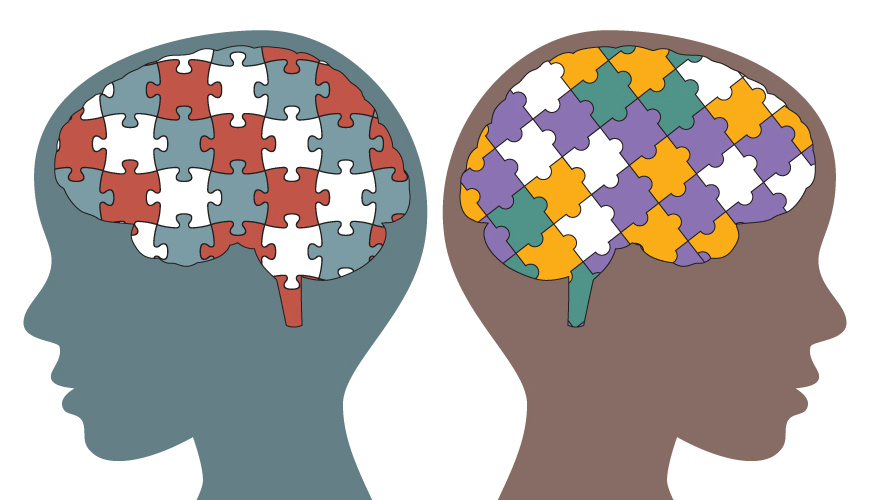Common gastrointestinal (GI) symptoms in preschool children are linked to sleep and behavioral problems, most prevalently among children with autism, a team of researchers found.
In a study, released online in the journal Autism Research, a team at the University of California included 255 children between the ages of two and 3, diagnosed with autism, as part of their research. An additional 129 typically developing children in the same age group were also included, most of which were male.
Caregivers were interviewed to assess each participant’s medical history and for any indication of GI symptoms. The participants were then grouped into two categories based on symptom occurrence.
According to researchers, the child participants with autism were more than double more likely to exhibit GI symptoms compared to their typically developing peers. As high as an estimated 50 percent of the participants with autism reported the presence of GI symptoms.
Among the participants with GI symptoms, researchers uncovered sleep and attention problems. The severity of sleep and behavioral issues observed in the study was most common among children with autism.
“Problem behaviors may be an expression of GI discomfort in preschool-aged children,” said Christine Wu Nordahl, co-author of the study.
“GI symptoms are often treatable, so it is important to recognize how common they are in children with autism. Treating their GI symptoms could potentially provide some relief to the kids and their parents,” Nordahl concluded.


